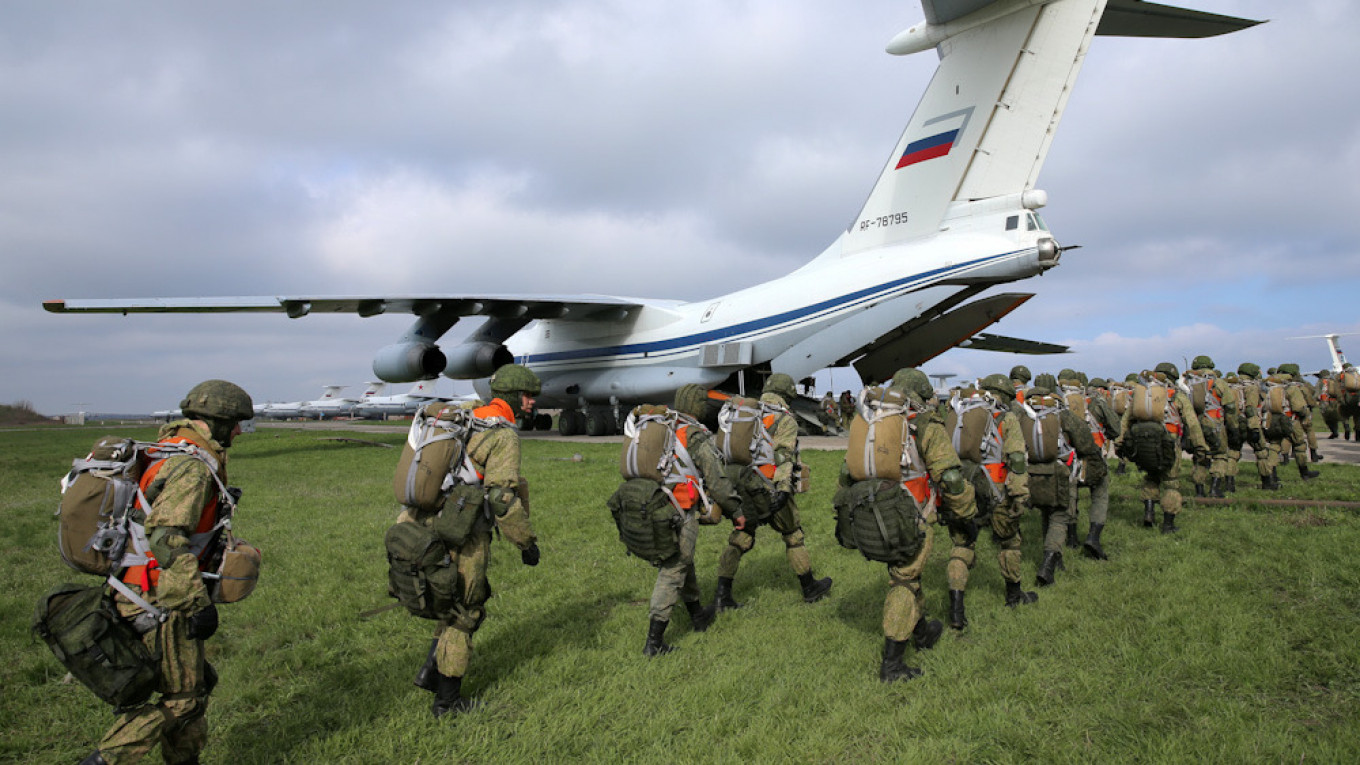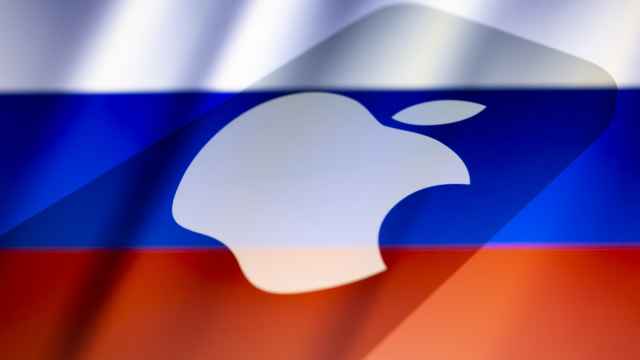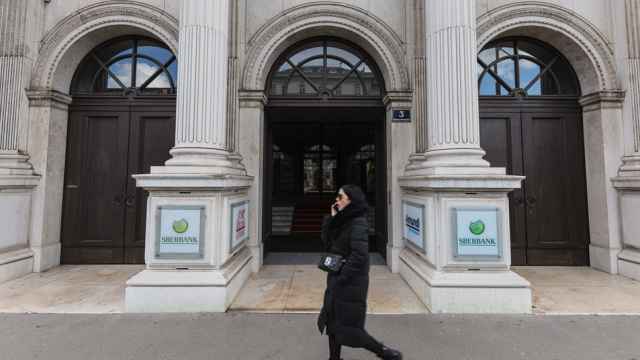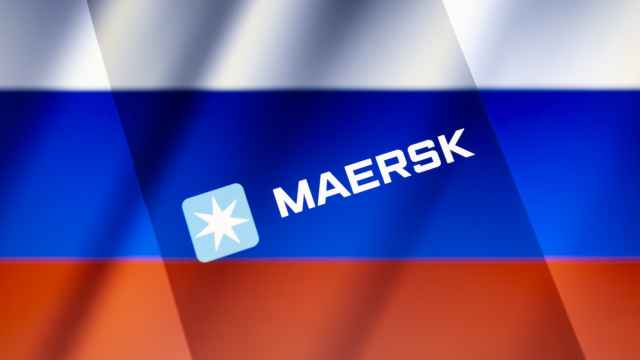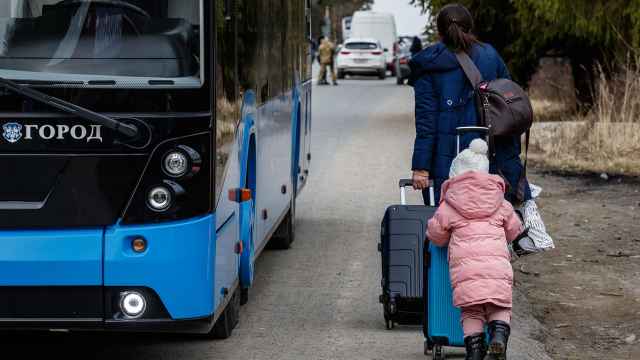Russia on Friday began withdrawing troops that had been running drills near the borders of Ukraine, the defense ministry said, following weeks of heightened tensions between Moscow and the West over the buildup.
"Military units and formations are currently marching to railway loading stations and airfields, and loading onto landing ships, railway platforms and military transport aircraft," the ministry said in a statement carried by Russian news agencies.
Defense Minister Sergei Shoigu announced on Thursday that tens of thousands of troops who had deployed to southern and western Russia for exercises over the past few weeks would be returning to their bases.
The buildup, which came amid an increase in fighting between Kiev's forces and pro-Russia eastern separatists since the start of the year, raised deep concerns in Ukraine and drew warnings from its Western allies.
Both NATO and Kiev welcomed Russia's announcement of the drawdown, with Ukrainian President Volodymyr Zelensky saying "the reduction of troops on our border proportionally reduces tension".
A NATO official said any "de-escalation by Russia" would be important, adding: "NATO remains vigilant and we will continue to closely monitor Russia's unjustified military buildup in and around Ukraine."
The United States had said it was "looking for action" on the troop withdrawal.
Uptick in separatist conflict
Hours after the end to the exercises was announced, Russian President Vladimir Putin said Zelensky was welcome in Moscow anytime to discuss bilateral relations, but that the Ukrainian leader should discuss the surge in fighting with separatist leaders.
Russia said it had sent tens of thousands of troops to the country's south and west and to Crimea, which Moscow annexed from Ukraine in 2014, for a series of military drills.
It also ramped up military exercises in the Black Sea earlier this week, with more than 20 Russian warships participating in joint drills with air force fighter jets.
Western officials said around 100,000 Russian soldiers had been deployed for the exercises, which Shoigu had said were in response to "threatening" NATO actions.
Kiev has been battling pro-Russian separatists in the eastern Donetsk and Lugansk regions since 2014, following Moscow's annexation of the Crimean peninsula, with the conflict claiming 13,000 lives.
Fighting subsided as a new ceasefire agreement took hold last July, but clashes, mainly involving artillery, mortar and sniper fire, picked up again since the start of 2021, with both sides blaming each other.
At least 31 Ukrainian soldiers have been killed since the start of the year, compared to 50 in all of 2020, while the separatists say 22 of their fighters have died.
A Message from The Moscow Times:
Dear readers,
We are facing unprecedented challenges. Russia's Prosecutor General's Office has designated The Moscow Times as an "undesirable" organization, criminalizing our work and putting our staff at risk of prosecution. This follows our earlier unjust labeling as a "foreign agent."
These actions are direct attempts to silence independent journalism in Russia. The authorities claim our work "discredits the decisions of the Russian leadership." We see things differently: we strive to provide accurate, unbiased reporting on Russia.
We, the journalists of The Moscow Times, refuse to be silenced. But to continue our work, we need your help.
Your support, no matter how small, makes a world of difference. If you can, please support us monthly starting from just $2. It's quick to set up, and every contribution makes a significant impact.
By supporting The Moscow Times, you're defending open, independent journalism in the face of repression. Thank you for standing with us.
Remind me later.


